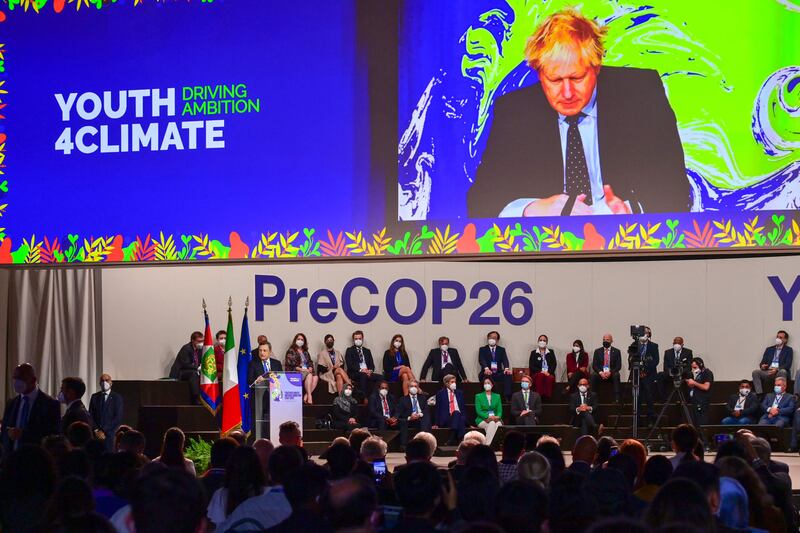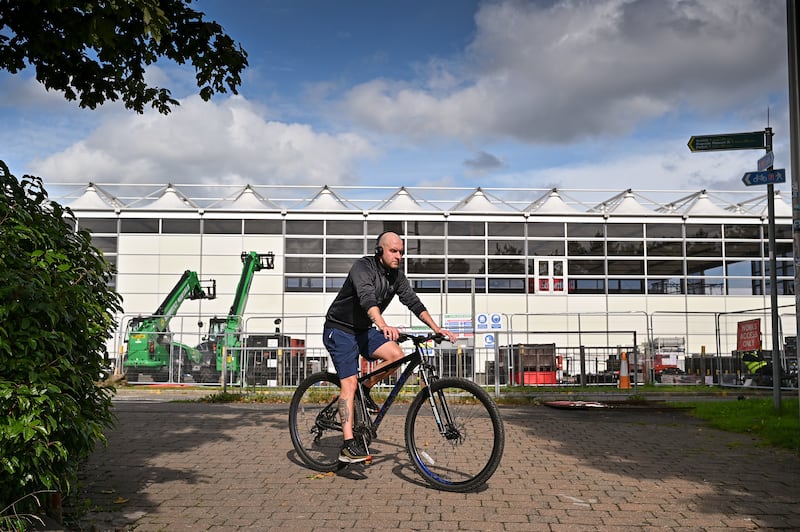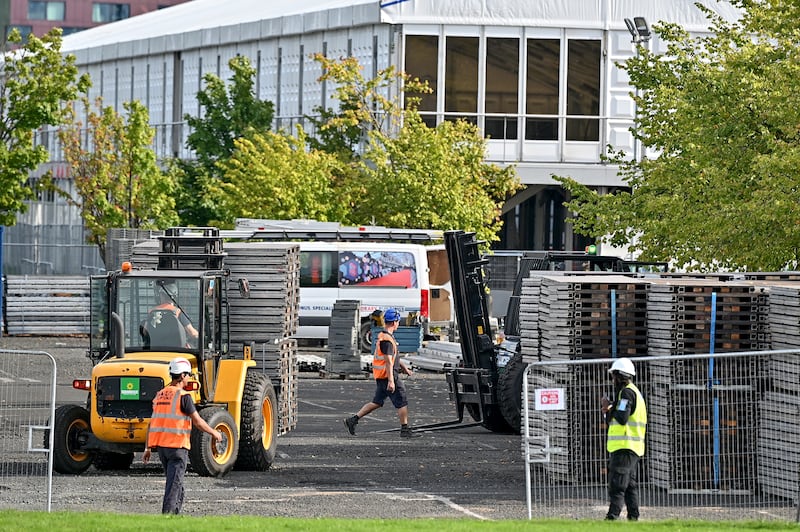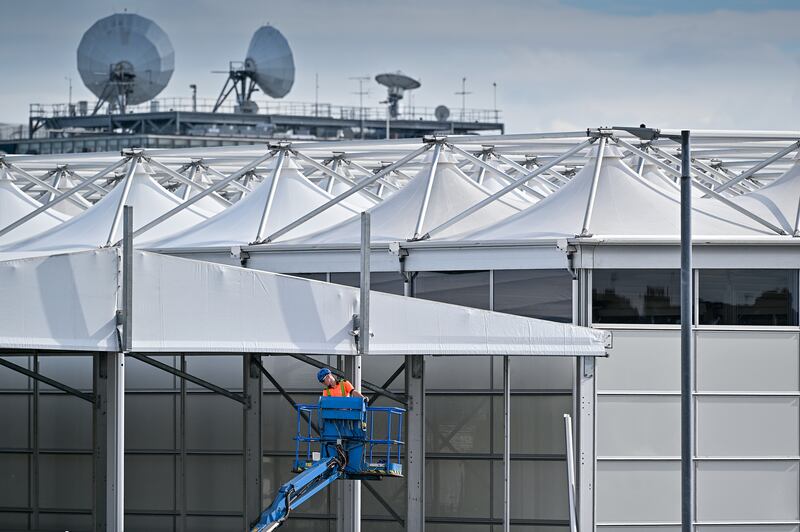UK Prime Minister Boris Johnson has set out his main goals for the Cop26 summit, scheduled to begin on October 31 in Glasgow, where he hopes to lead the global charge against climate change. To achieve the summit targets in coal, cars and cash, Mr Johnson is using the final weeks before the 13-day meeting to twist arms and cajole world leaders.
If the summit was designed to lead to its demise, the magnates of the coal industry could claim that no one has told them of forthcoming obsolesce. For, the price of coal has shot up as an energy squeeze plays out ahead of winter. The main reason is that Europe’s energy supplies are too tight across the board and that its spillover effect has moved from natural gas to oil and coal. When Asia sought to buy up its own winter stocks, the market entered an upward spiral that is not relenting.
The timing for is appalling Mr Johnson, but he will no doubt respond as he always does: seek to make the best of a bad thing. And it may not be that bad if he uses Glasgow as a bully pulpit and proselytise for technology, not least the electric vehicles to move beyond the combustion engine.
In the jargon of the negotiators, Cop26 is supposed to reach new nationally determined contributions – or NDCs – by countries that would restrict global warming to under 2°C, preferably to 1.5°C. Not all world leaders appear set to fall behind the organisers despite the urgency of the challenge. John Kerry, the US climate envoy, appeared to acknowledge as much last week.
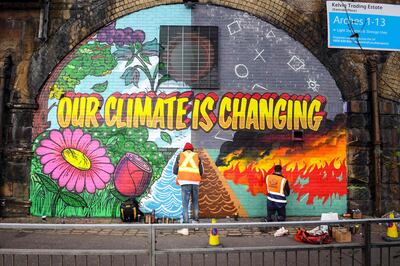
At an investment summit on Tuesday, Mr Johnson will promote a 10-point plan for green growth in the UK – and by extension around the world, because the global nature of the race to adopt new technologies underpins everything else. The investment meeting was not designed as a "Plan B", but Mr Johnson might now be tempted to ramp it up that way.
There has been little progress in vital areas of the green economy. The promise of hydrogen for cars and heating systems remains a chimera promising a future breakthrough. Fuel cells for communities should be an imperative, especially where not enough countries have a reliable supply of power from the grid. For now, batteries remain out in front as the technology to quickly show that climate change matters. But balancing that dash for storage with gas-based solutions is important is moving to the fore.
Greater efficiency and a move towards electrification could even up the prospect of the world going carbon negative. Carbon capture and storage are, likewise, relatively neglected by the investment industry. Pilot projects to turn whole cities into pioneers of electric transport will be outlined. More innovation around wind power is also promised. Insulation schemes for leaky British homes is likely to be a highlight of the prime minister’s speech to the meeting. Indeed, rethinking the home is one of the most important steps that countries must take.
The readiness of investors to back the vision is not in doubt. In his push for cash, Mr Johnson is going to mention a £6 billion ($8bn) green investment boom. Investment advisers are bombarding clients with potential portfolio switches into companies or areas where the benefits of new technologies or the drive to reduce emissions will be seen.
There is also an increasing market for green technologies and innovation. In 2009, developed countries had promised that $100bn would be mobilised for the poorest and most vulnerable nations to adapt to climate change. Mr Johnson appears confident that, with the US making new pledges, this particular target can be met in Glasgow. At its heart, the implementation plan for that roll-out should have a vision of market for the latest technologies in the developing world. Again, in the jargon of the negotiators, there should be a push for scaling up adaptation of the least developed countries to the new climate economy.
Alok Sharma, the Cop26 president, has already called for a "clear plan" to mobilise funds that will be committed at Glasgow in the run up to 2025. With a roadmap and front-end loading of available financing, the Cop member states can set a near-term framework for investment.
It is difficult for a developed country with high levels of private car usage and well-established housing stock to shift the carbon calculus in the domestic economy. Developing countries, meanwhile, are often seeking to put in place new roads or power systems. To get away from past practices, the planners need to be able to stress the benefits of innovation but also how resilience can be bolstered with new technology.
The intellectual argument for "carbon border pricing" is steadily being advanced. With more countries seeking to alter the balance of their domestic economies, there will be an increasing need to look at the world trading regime.
How long it will take before an initiative that seeks to integrate production and delivery with cost of carbon is hard to gauge. But Mr Johnson’s strategy of pushing investment as a means to boost growth surely brings that day much closer at hand.
